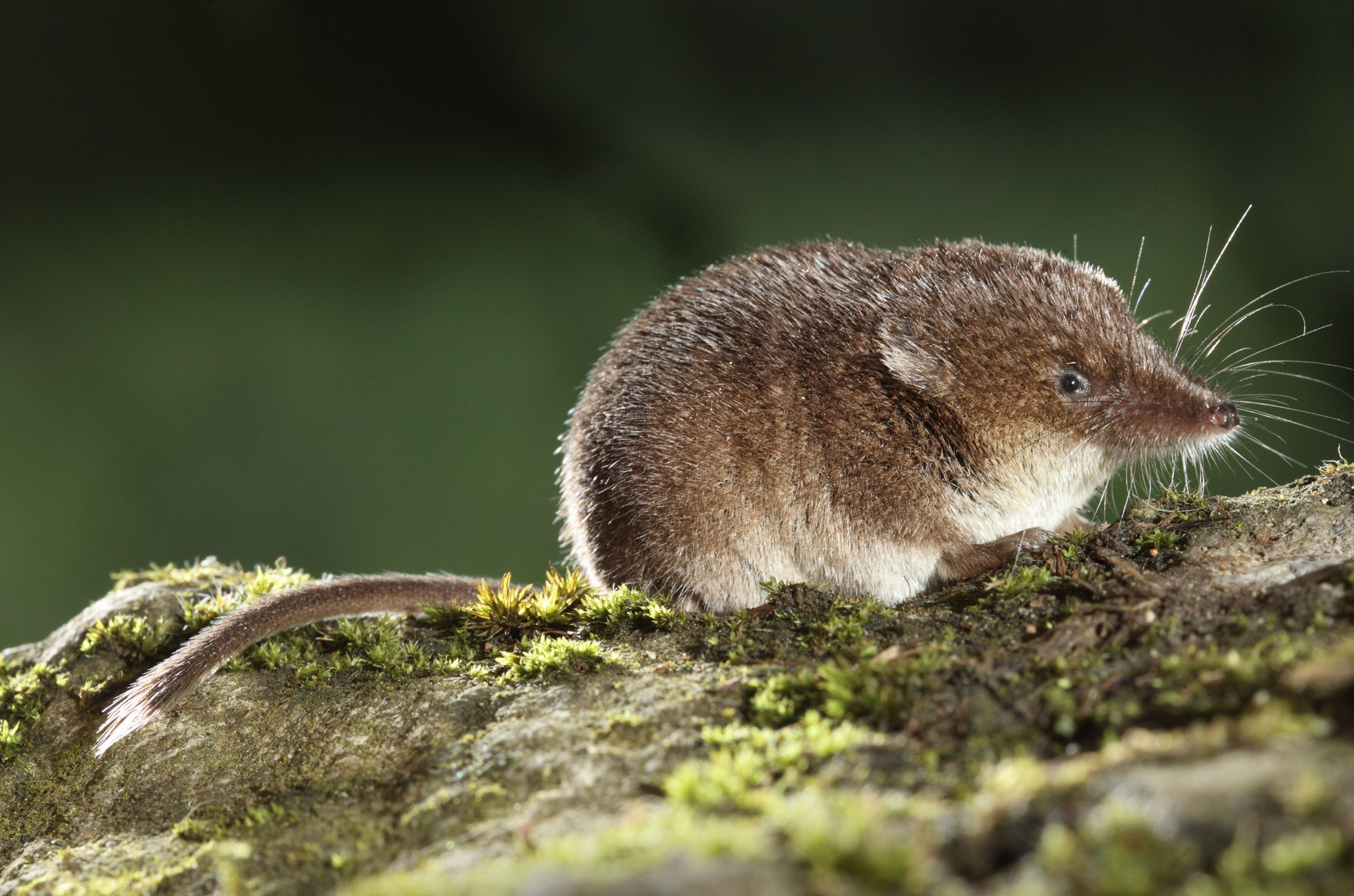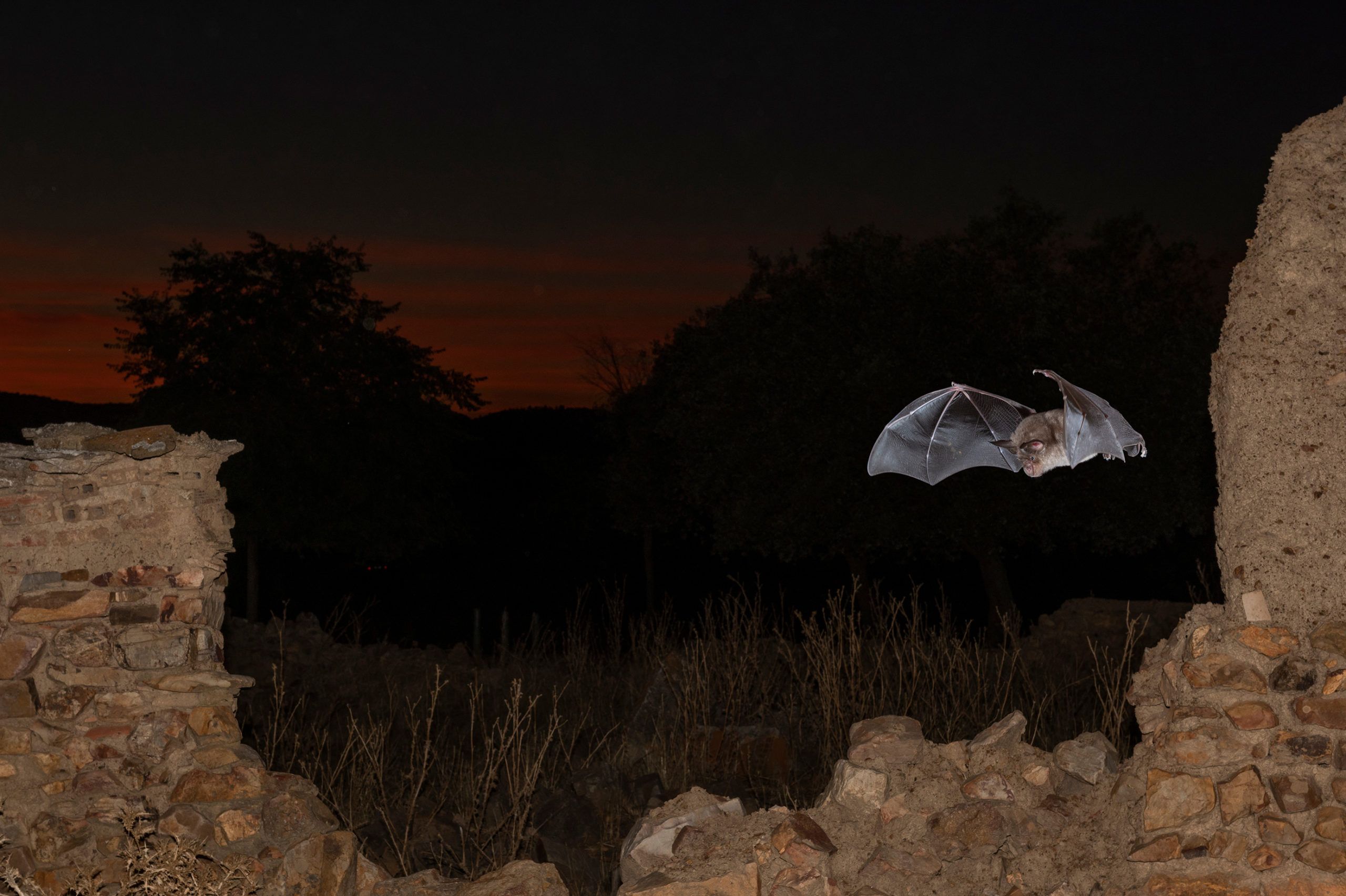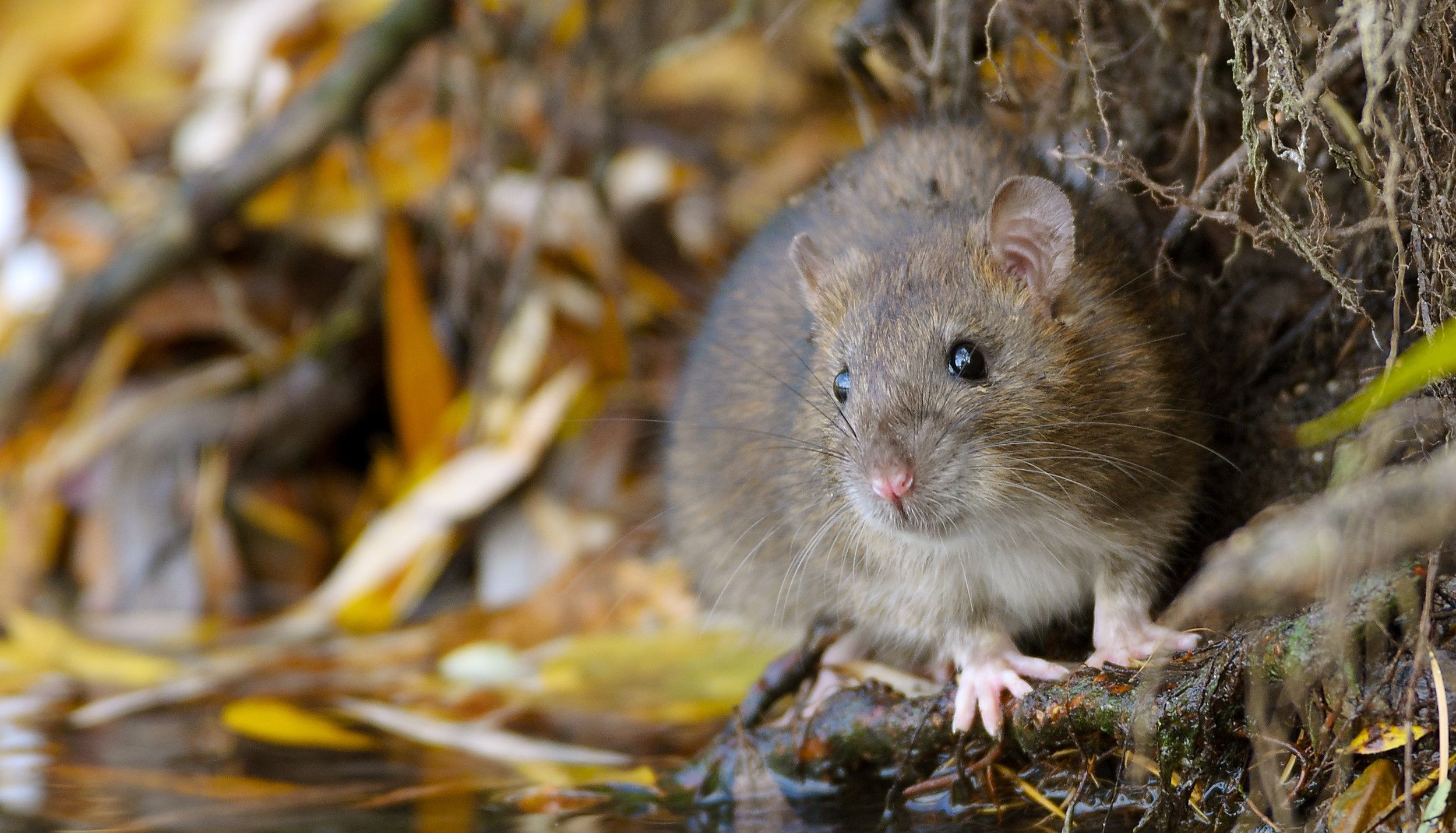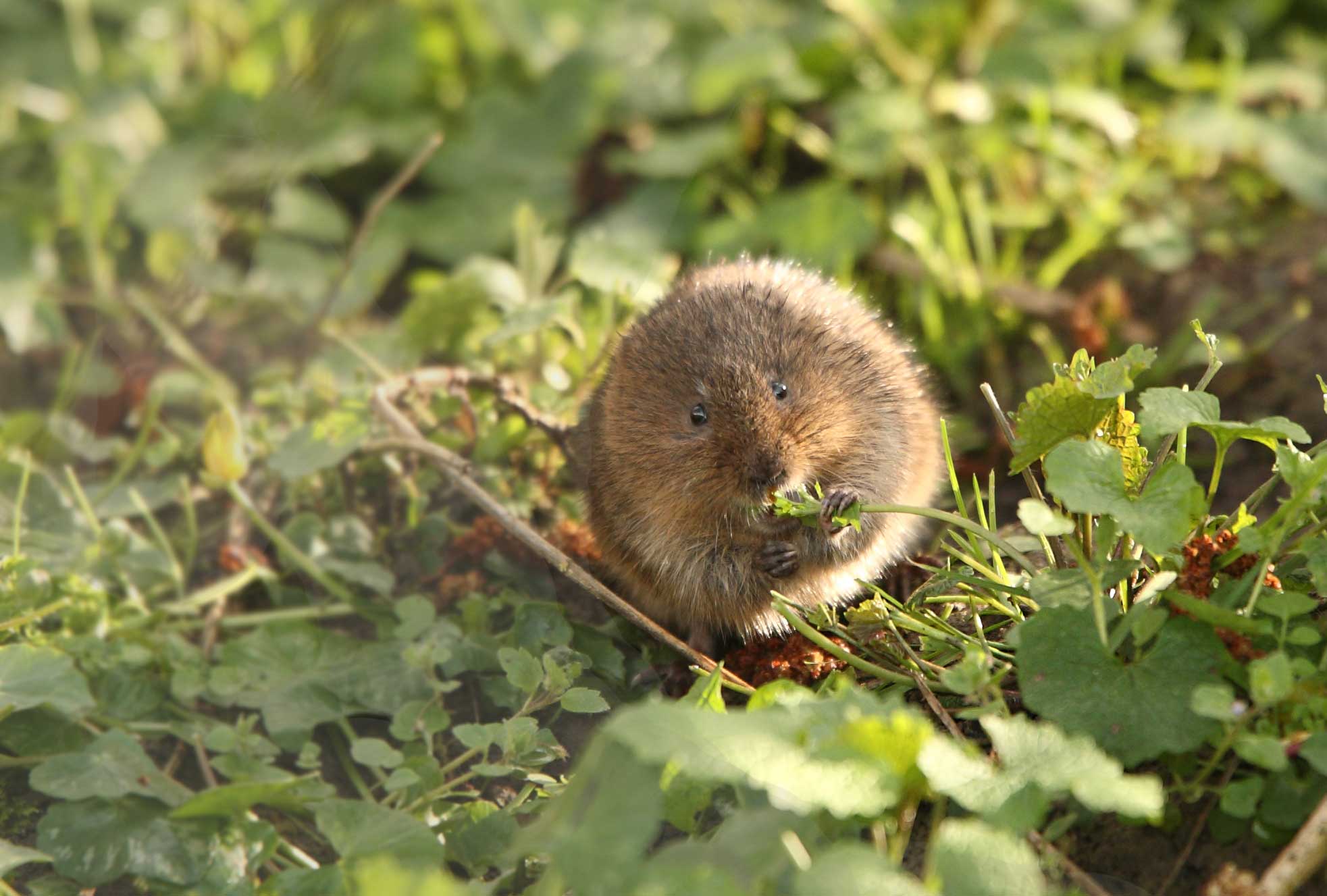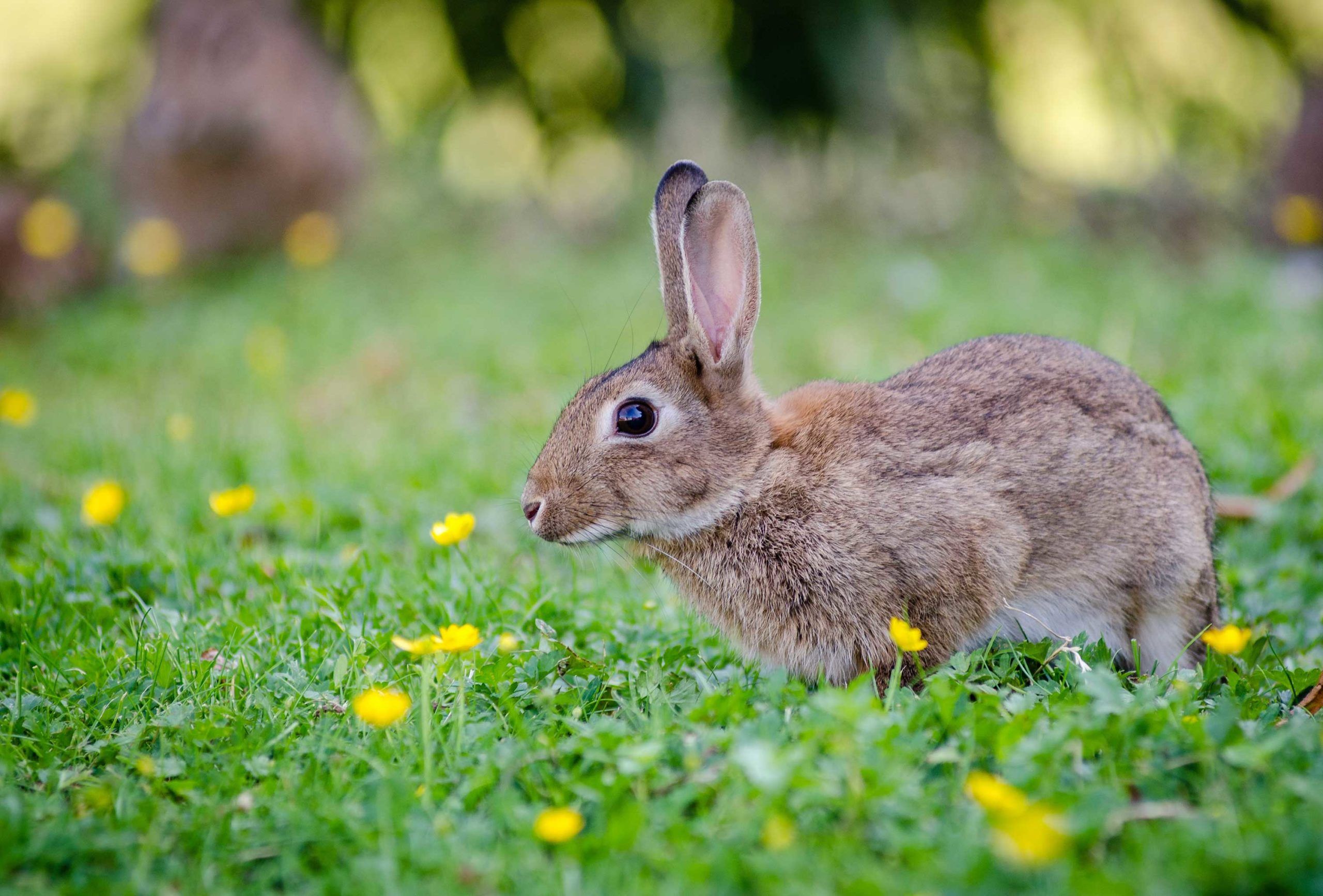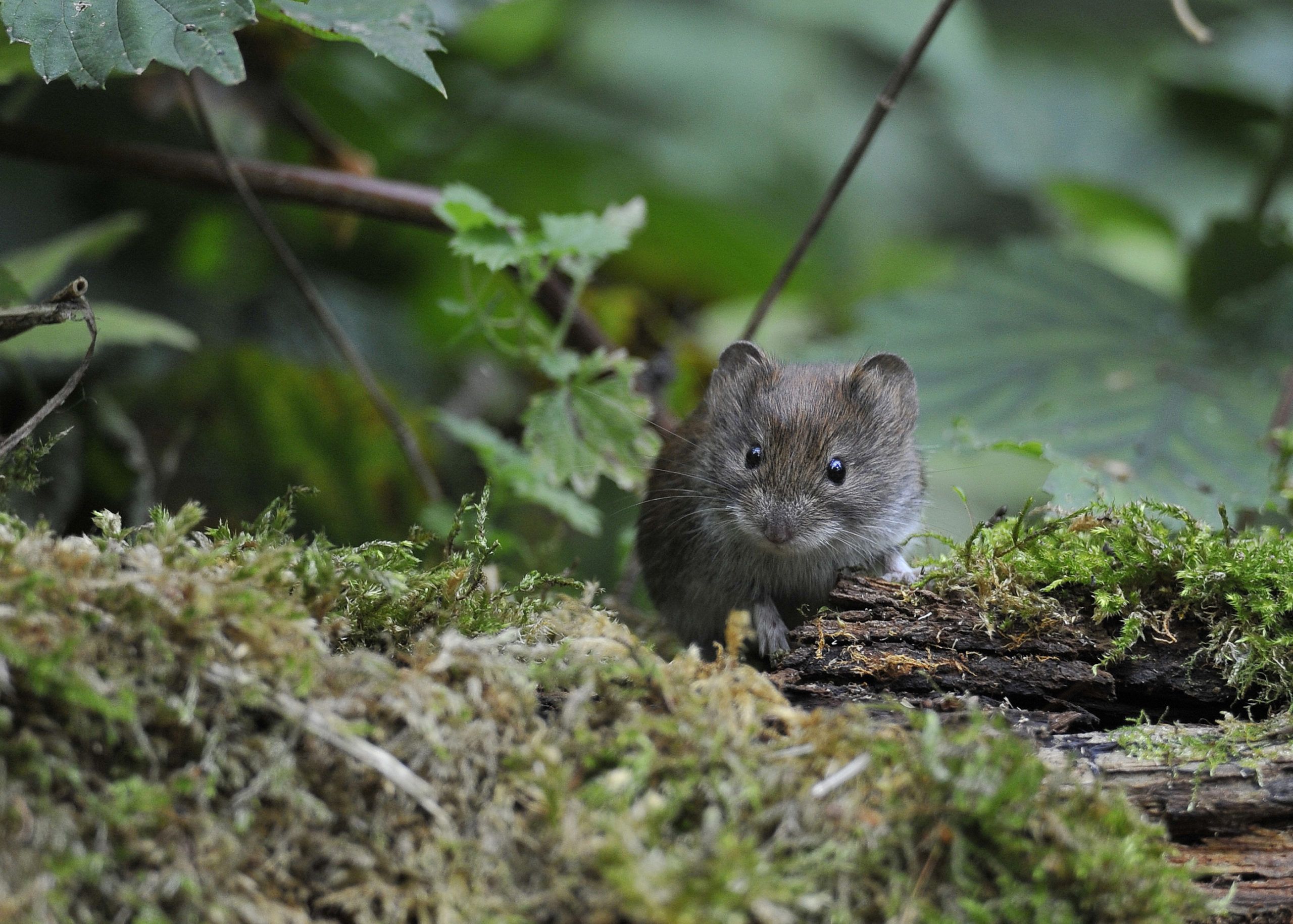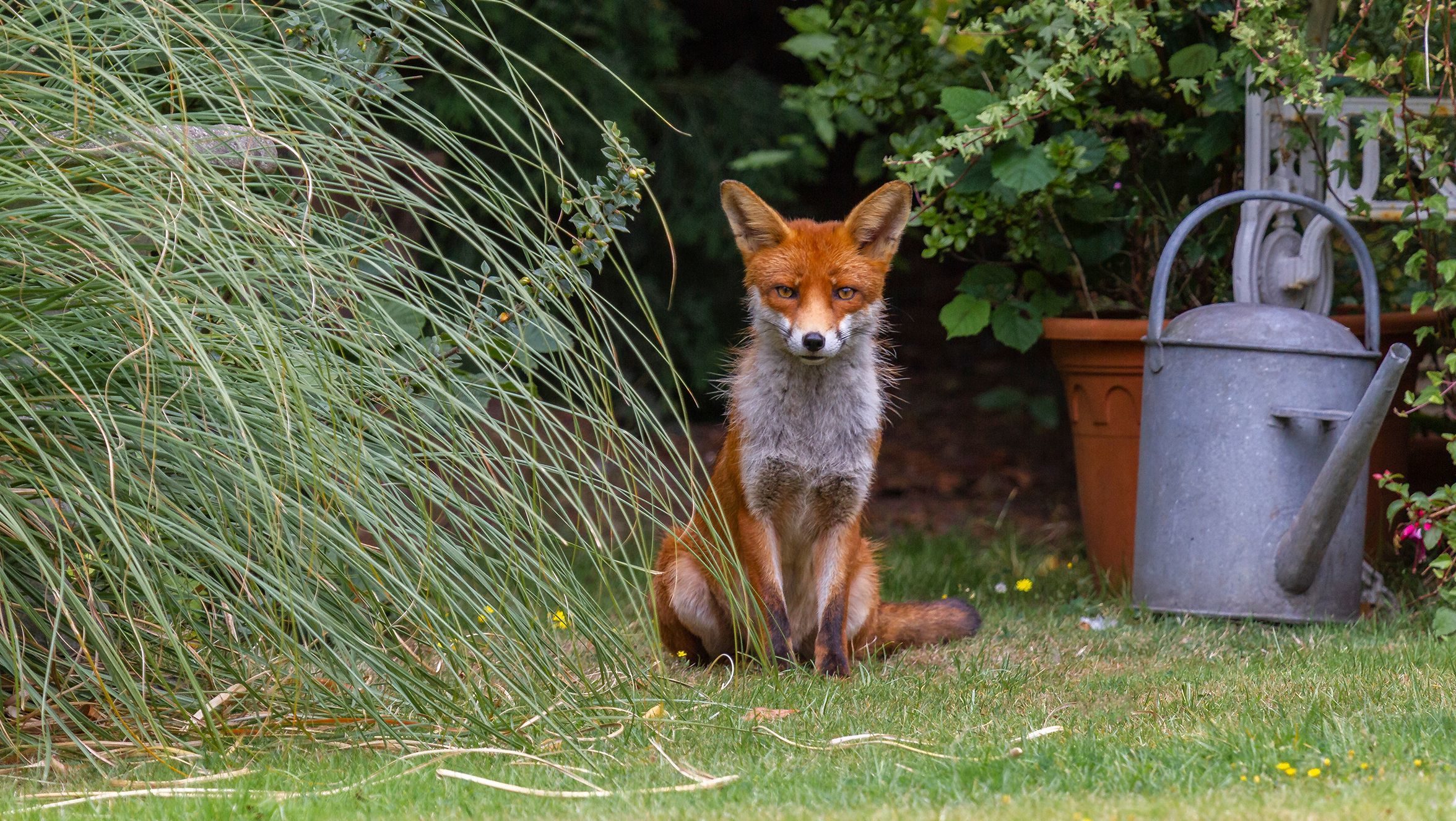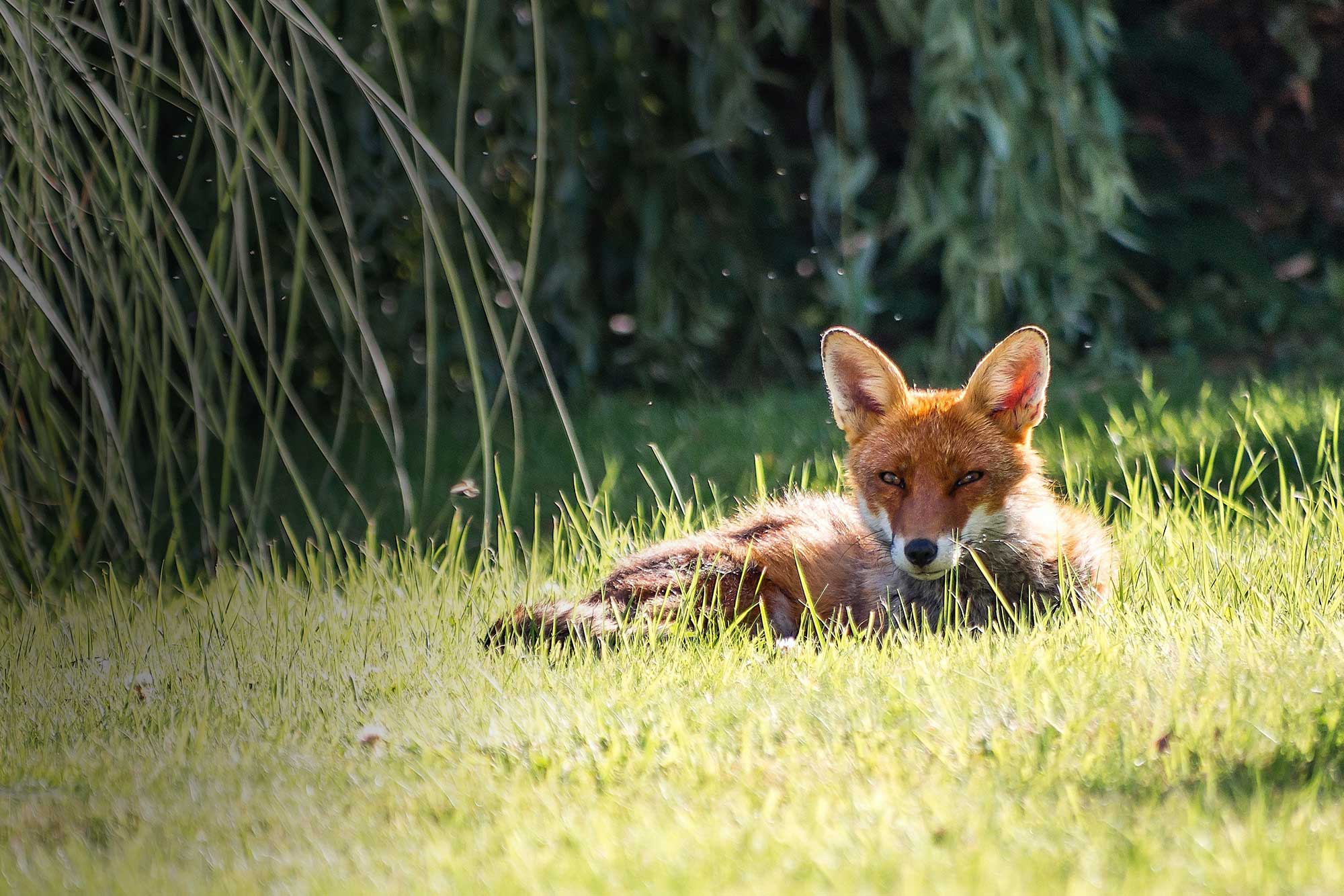Surveys
Search by topic
Supporter Kenneth Phipps sheds light on some of Britain’s smallest and often overlooked mammals. The British mainland has three species of shrew, common, pygmy, and water shrew, and all of these little insectivores have intriguing lifestyles. Shrinking shrews Common, pygmy and water shrews undergo a sudden reduction in body weight during winter. This isn’t due …
Read article...Guest author, Anna Shaw, looks at the importance of insects in the diets of mammals, and what we can do to stock up our garden larder. Insects make up a lesser or greater part of the diets of many British mammals. Badgers, hedgehogs, shrews and some voles and mice, for example, consume insects as part …
Read article...Neighbours, however good, don’t always rub along smoothly and sometimes the attentions of our wild ones can be unwanted. But lethal pest-control methods are often indiscriminate and don’t necessarily solve the problem. Kevin Newell, from Humane Wildlife Solutions, looks at the more humane and ecologically-minded alternative to discourage rats in your garden. Sadly, when someone …
Read article...Britain’s water voles are in trouble. The arrival of non-native American mink and loss of suitable habitat have led to them becoming one of our fastest declining mammals. The key to halting the decline and conserving this species is understanding where water voles currently are, where they are doing well, and crucially, where they have …
Read article...Rabbits: abundant, small to medium-sized herbivores – or as one account puts it, a little ungenerously, ‘food-chain fodder’. But there’s more to rabbits than food for foxes and stoats and buzzards. These unassuming grazers are landscape engineers, a talent that wasn’t appreciated until we almost lost them. Arriving in Britain Rabbits (Oryctolagus cuniculus), like their …
Read article...From the arboreal to the aquatic Fifteen species of rodent make up about a quarter of the wild terrestrial mammal species in Britain. They’ve filled a wide range of niches, from the arboreal (red squirrels and hazel dormice) to the aquatic (water voles and beavers), and many are familiar urban neighbours. Most conspicuous are red …
Read article...Press release: Looking for wildlife during lockdown: Wildlife charity calls for volunteers to record mammal sightings in their gardens, aiding national conservation efforts Although much of life has been placed on hold during the current lockdown, those who are now based at home can do something positive to help Britain’s wildlife, without having to leave …
Read article...Conservation needs you “One of the most important things in conservation is socialisation, awareness and education with the local people” Anna Nekaris, Little Fireface Project In many instances, for conservation to work it has to involve local communities, it has to resolve the conflicts that sometimes arise between wildlife and humans, it has to recognise …
Read article...
